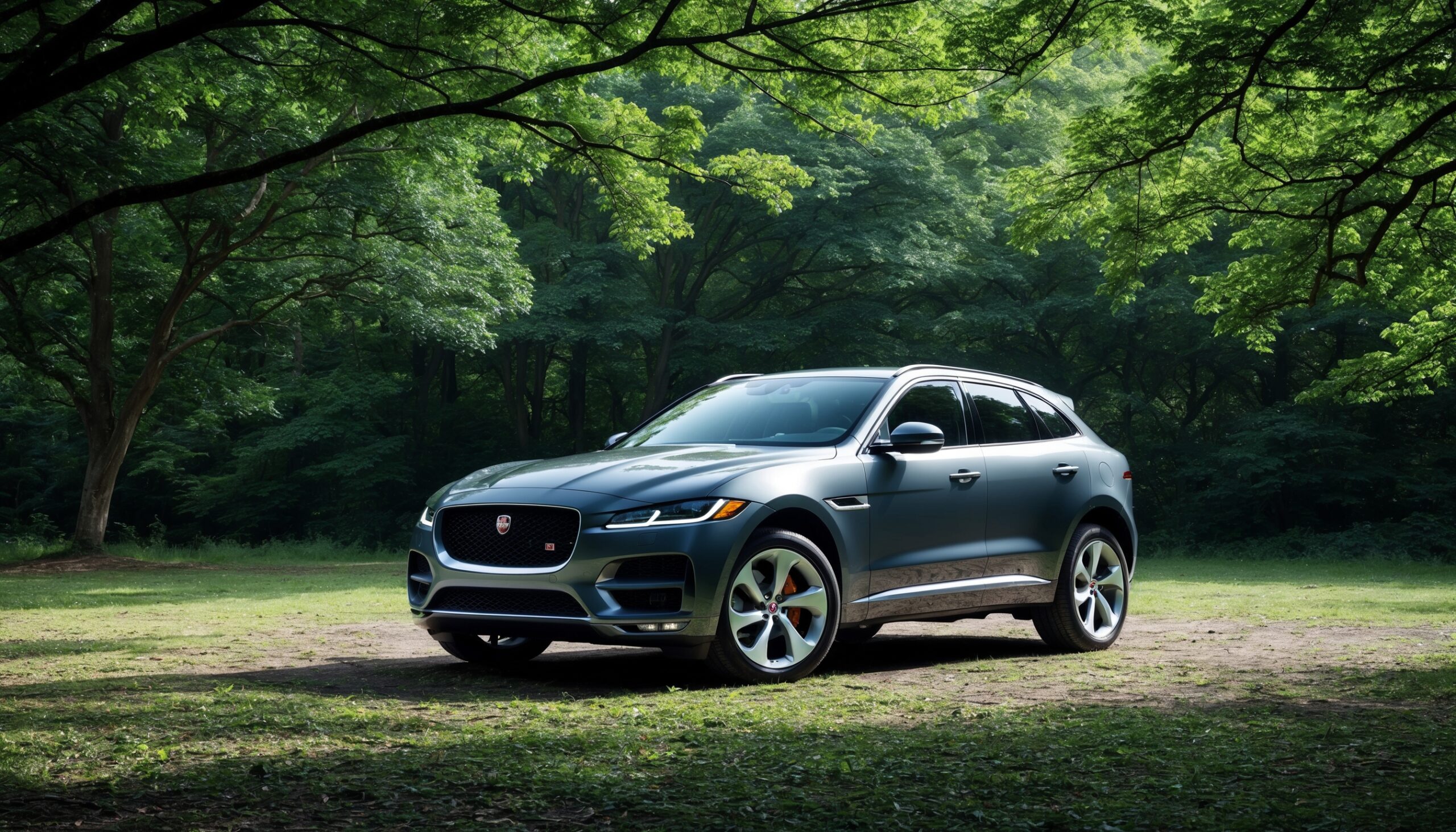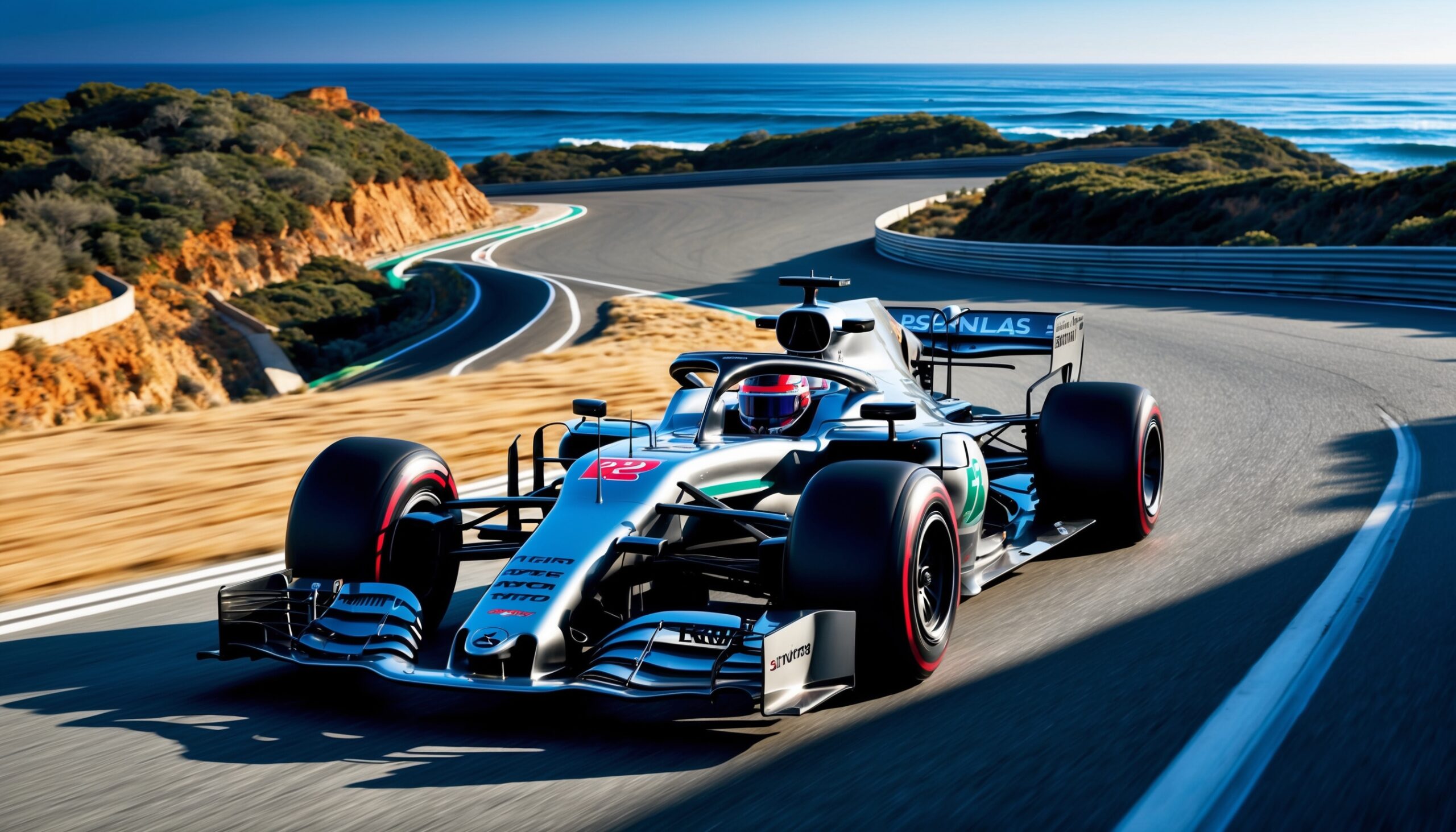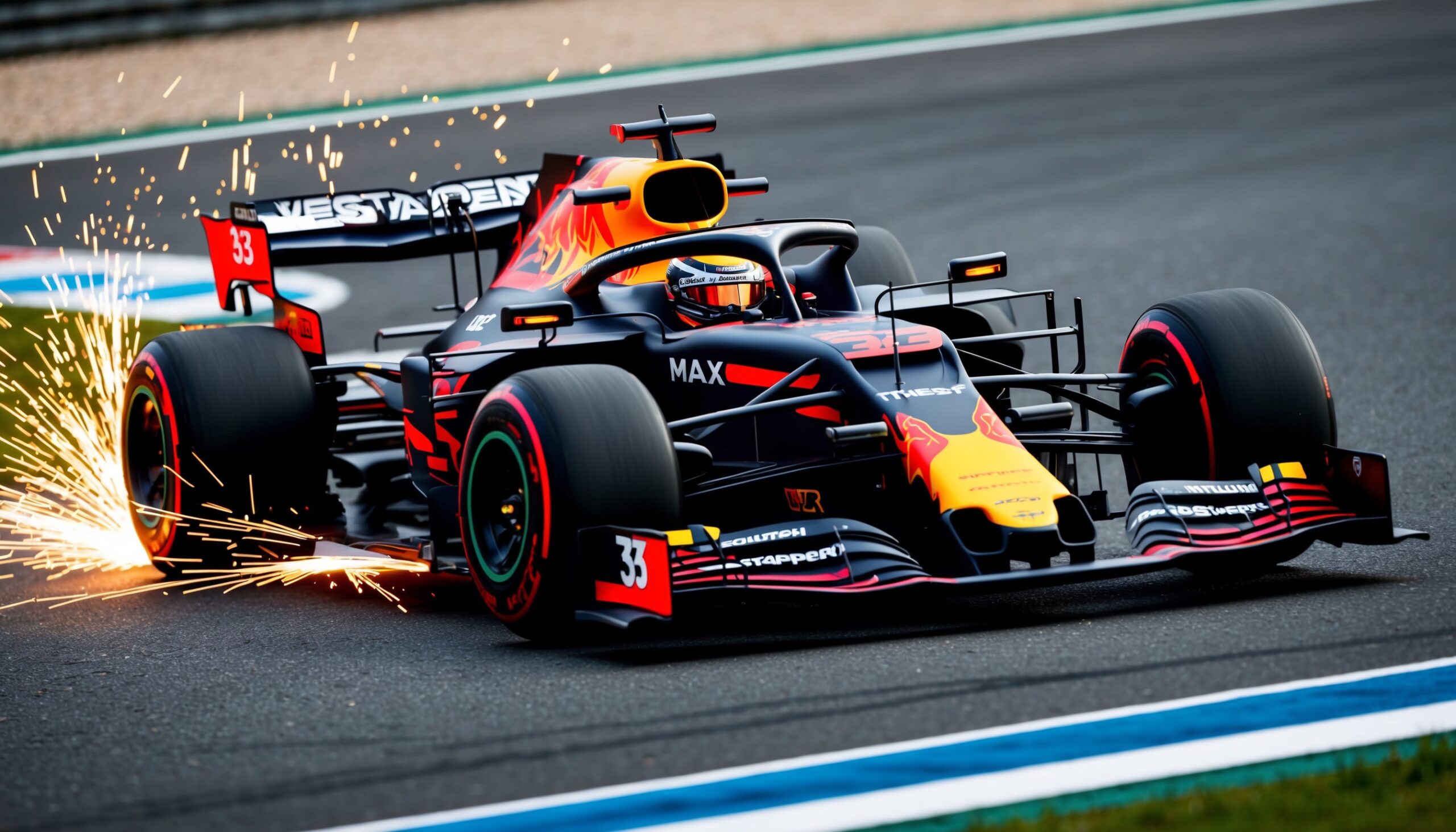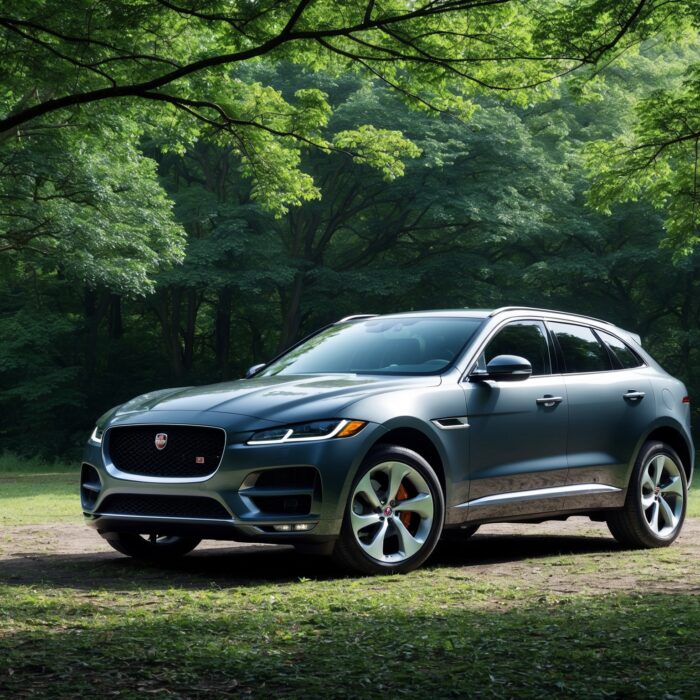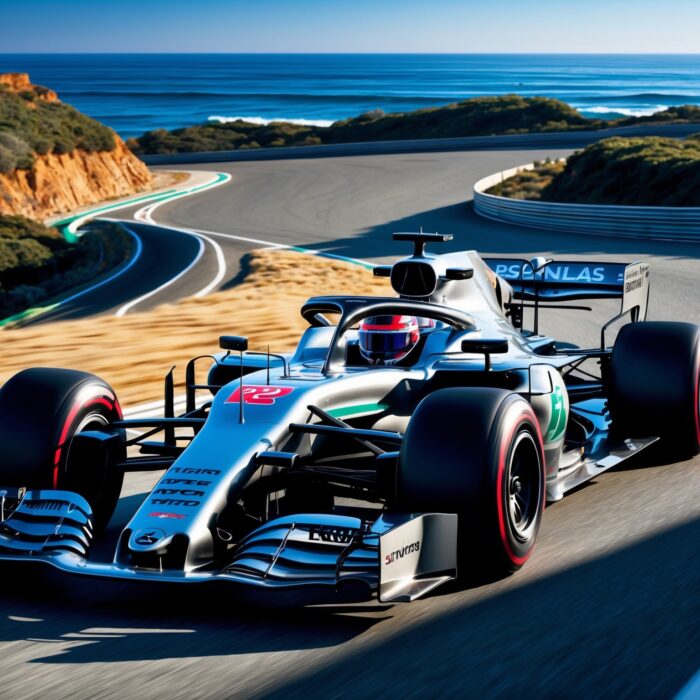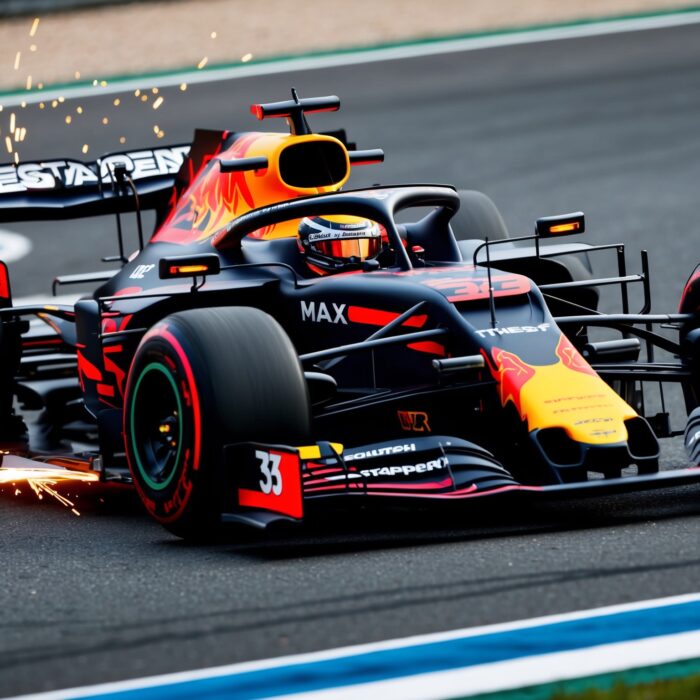Nissan and Mercedes Will Close Their Joint Factory
In a move that has sent ripples through the automotive industry, Nissan and Mercedes have announced their decision to close their joint factory. This news has sparked a whirlwind of discussions among car enthusiasts, industry analysts, and even casual fans of both brands. With a legacy of collaboration that has produced some noteworthy vehicles, the shuttering of this factory marks the end of an era. For those of us who live and breathe cars, let’s delve into the implications of this closure, the history behind the partnership, and what the future may hold for both manufacturers.
A Brief History of the Partnership
The collaboration between Nissan and Mercedes began with a shared vision of creating innovative vehicles that combined the strengths of both brands. This partnership was born out of necessity, as both companies sought to expand their reach and improve their competitive edge in an ever-evolving market. Established in the early 2000s, this alliance was designed to leverage shared technology and resources, ultimately benefiting consumers with better vehicles.
The joint venture, located in a strategically chosen area to capitalize on supply chains and labor, focused on producing a range of vehicles that catered to various market segments. From compact cars to luxury sedans, the factory became a hub of innovation, blending Nissan’s practicality with Mercedes’ luxury flair.
The Reasons Behind the Closure
So, what led to this dramatic decision? There are several factors at play here:
- Market Shifts: The automotive landscape is rapidly changing. With the rise of electric vehicles (EVs) and new players entering the market, traditional automakers are feeling the heat. Nissan and Mercedes both face significant challenges as they pivot to meet the demands of a greener future.
- Economic Pressures: Global economic conditions have not been kind to the automotive industry. Supply chain issues, rising material costs, and fluctuating consumer demands have all contributed to the need for companies to reevaluate their production strategies.
- Strategic Focus: Both Nissan and Mercedes are looking to streamline their operations. By closing the joint factory, they can focus on their core competencies, reducing overhead costs and reallocating resources to more profitable ventures.
- Technological Advancements: As both brands push for innovation, there’s a growing need for specialized facilities that can support the development of electric and autonomous vehicles. This shift may have rendered the joint factory less relevant.
Impact on Employees and Local Economies
The closure of the joint factory will have significant repercussions, particularly for the employees who have dedicated their careers to this operation. Many workers may face uncertainty as they seek new employment opportunities. The local economy, which has thrived on the jobs provided by the factory, will also feel the effects, potentially leading to reduced spending and a downturn in local businesses.
Also Read: Mazda Wants Cars to Suck Back Their Own Emissions
Companies often cite the importance of their workforce as a reason for making tough decisions, and it’s no different here. Both Nissan and Mercedes are likely to implement measures to support their employees during this transition, including job placement assistance and severance packages. However, the emotional toll on the workforce cannot be understated.
The Future of Nissan and Mercedes
What lies ahead for these automotive giants? As they close this chapter, both Nissan and Mercedes are gearing up for what comes next. Here are a few key areas to watch:
- Electric Vehicle Development: Both manufacturers have made significant commitments to electric mobility. Expect to see them ramping up production of EVs, with new models that may redefine their respective lineups.
- Technology Partnerships: In the quest for innovation, both companies may seek new partnerships that align more closely with their strategic goals. This could lead to collaborations with tech companies or startups specializing in autonomous driving technologies.
- Market Expansion: As they regroup, Nissan and Mercedes may look to expand their presence in emerging markets where demand for automobiles is growing. This could involve new models tailored to local preferences and price points.
What This Means for Car Enthusiasts
For car enthusiasts, the closing of the joint factory is bittersweet. On one hand, it signifies the end of a unique partnership that brought us some interesting vehicles. On the other, it opens up the possibility for new and exciting developments from both Nissan and Mercedes. Here’s what enthusiasts should keep an eye on:
- New Models: As both brands shift their focus, we can expect to see fresh models that may incorporate cutting-edge technology, performance enhancements, and innovative designs.
- Performance Variants: With Nissan’s reputation for sporty vehicles and Mercedes’ luxury performance, there could be exciting new variants that blend both brands’ strengths.
- Electric Innovations: The future of automotive technology is electric, and both manufacturers are investing heavily in this area. We might witness some groundbreaking EVs that raise the bar for performance and sustainability.

Public Reaction and Industry Response
The announcement of the factory closure has sparked a variety of reactions from the public and industry experts. While some view it as a necessary step towards modernization and efficiency, others lament the loss of jobs and the impact on local communities. Social media platforms have become a hotbed for discussion, with car enthusiasts expressing their opinions on forums and blogs, including right here at Torque Feed.
Also Read: Mazda Wants Cars to Suck Back Their Own Emissions
Industry analysts have been quick to weigh in, suggesting that this decision could set a precedent for other automakers facing similar challenges. As the automotive industry continues to evolve, the ability to adapt and innovate will be crucial for survival.
The Role of Innovation in the Automotive Industry
Innovation has always been at the core of the automotive industry. The closure of the Nissan and Mercedes joint factory serves as a reminder of the need for manufacturers to stay ahead of the curve. From electric vehicles to autonomous technology, the landscape is changing rapidly, and companies must adapt or risk becoming obsolete.
Manufacturers are investing in research and development like never before, focusing on not just meeting current consumer demands but anticipating future trends. This drive for innovation is what keeps the automotive world exciting, and it’s where car enthusiasts can find hope amidst the uncertainty.
The Legacy of the Joint Factory
As we reflect on the joint factory’s history, it’s important to acknowledge the vehicles that emerged from this collaboration. From practical family cars to luxurious sedans, the factory produced a range of models that appealed to different segments of the market. While the factory may be closing, the legacy of these vehicles will live on.
Many enthusiasts have fond memories tied to these models, whether it’s the thrill of driving a sporty Nissan or the elegance of a Mercedes. As we bid farewell to this chapter, let’s celebrate the contributions that the joint factory made to the automotive landscape.
Looking Ahead: The Road to Recovery
The road ahead for Nissan and Mercedes is filled with both challenges and opportunities. As they navigate the complexities of the automotive industry, their ability to innovate and adapt will be crucial. For car enthusiasts, this is a time to stay engaged and informed about the developments from these iconic brands.
Whether it’s following their progress in electric mobility, keeping an eye on new model releases, or simply sharing our passion for cars, the community will continue to thrive. Here at Torque Feed, we’ll be keeping you updated on all the latest news and developments, ensuring that you’re never out of the loop.
As we witness the evolution of the automotive world, let’s embrace the changes and look forward to what lies ahead. The future is bright for those who dare to innovate, and both Nissan and Mercedes are ready to take on the challenge.


